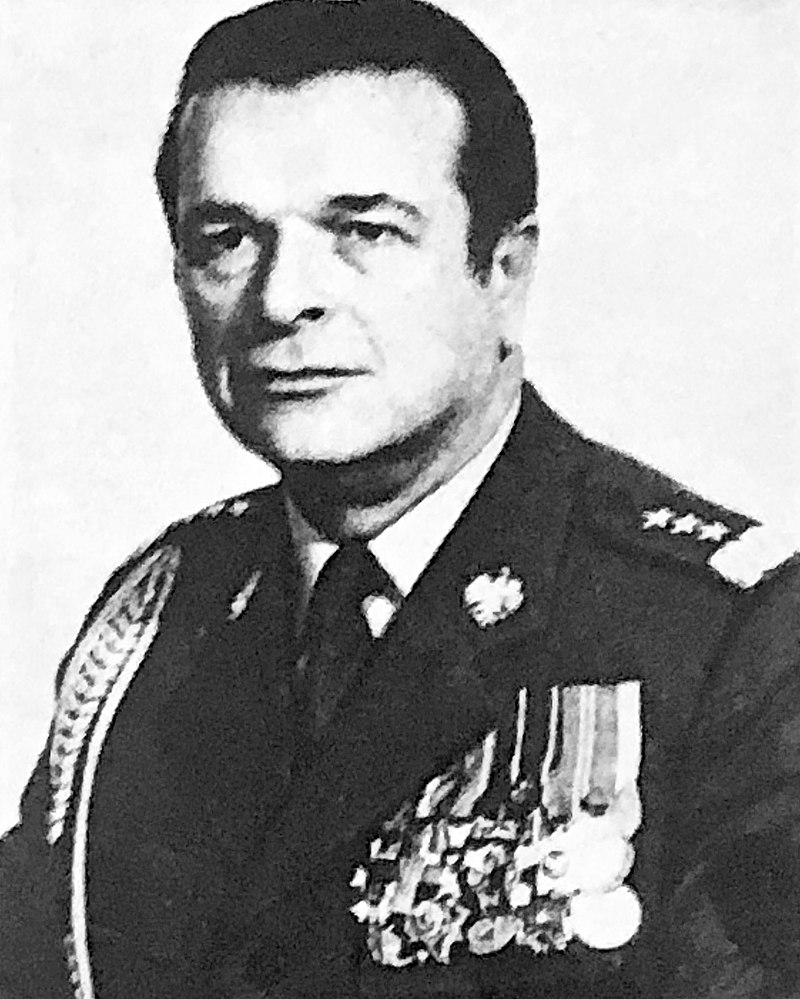The families of the miners murdered during the pacification of the strike at the ‘Wujek’ Mine had been waiting for nearly thirty years for the perpetrators of their relatives’ deaths to be sentenced.
During the pacification of the strike at the Wujek Mine in Katowice on 16 December 1981, six protesting miners were shot dead and three more died in hospitals as a result of their wounds. Shots were fired at the strikers by officers of a special platoon of the Motorised Reserves of the Civic Militia (ZOMO). Even during martial law, an investigation into the case was launched by the communist military prosecutor’s office, which promptly, on 20 January 1982, discontinued it. The investigators concluded that the officers had used firearms in necessary defence.
After the fall of communism in Poland, the legal proceedings were resumed. An indictment was submitted against 23 ZOMO officers to the Voivodship Court in Katowice. Their criminal trial, which lasted more than 4 years, ended in 1997 with the acquittal of some of the accused and a dismissal of the rest. A year later, the Katowice Court of Appeal revoked the verdict. In 1999, the trial began again. General Wojciech Jaruzelski (Prime Minister and Minister of Defence during martial law) and General Czesław Kiszczak (Minister of the Interior), who were questioned during the trial, unanimously testified that no one gave the order to shoot the miners, and that the shots were fired in defence of the officers. The verdict in October 2001 again resulted in acquittals or discontinuance of the proceedings. In 2003, this ruling was again revoked by the Court of Appeal. For the third time, the trial of the police officers began in September 2004 and ended in May 2007. This time the court sentenced 14 officers to prison terms ranging from 2.5 to 3 years, while their commander received an 11-year prison sentence. The latter’s sentence was reduced to 6 years by the Court of Appeal in Katowice, while the sentences for the others were increased from 3.5 to 4 years in prison. In April 2009, the Supreme Court dismissed the cassation appeals of the officers’ defence lawyers, ruling that the use of the weapons was unlawful.
Unfortunately, General Czeslaw Kiszczak, who was tried in a separate trial and accused of contributing to the miners’ deaths, was never finally sentenced.





